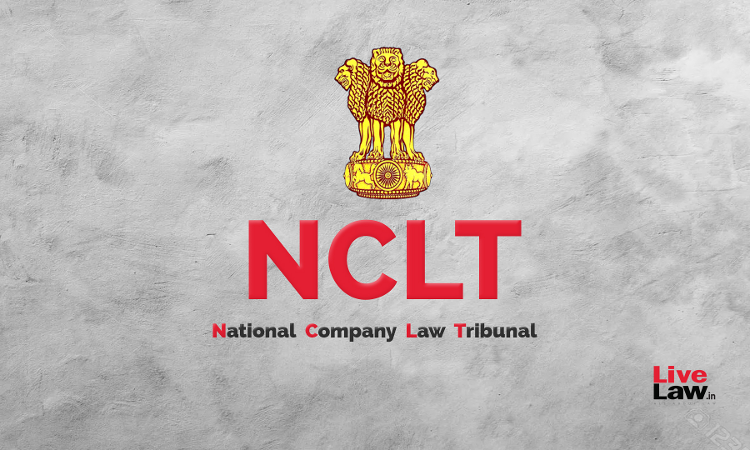Salary During Notice Period Does Not Fall Within The Definition Of 'Operational Debt' Under IBC: NCLT, Mumbai
LIVELAW NEWS NETWORK
25 May 2022 9:45 PM IST

Next Story
25 May 2022 9:45 PM IST
The NCLT, Mumbai Bench comprising of Justice H.V. Subba Rao, Judicial Member and Chandra Bhan Singh, Technical Member in the case of Sandesh Naik v. MT Educare Limited held that salary for purported notice period amounts to specific performance of the appointment letter and does not fall within the definition of 'Operational Debt' as the same was not salary for the actual work done by...
